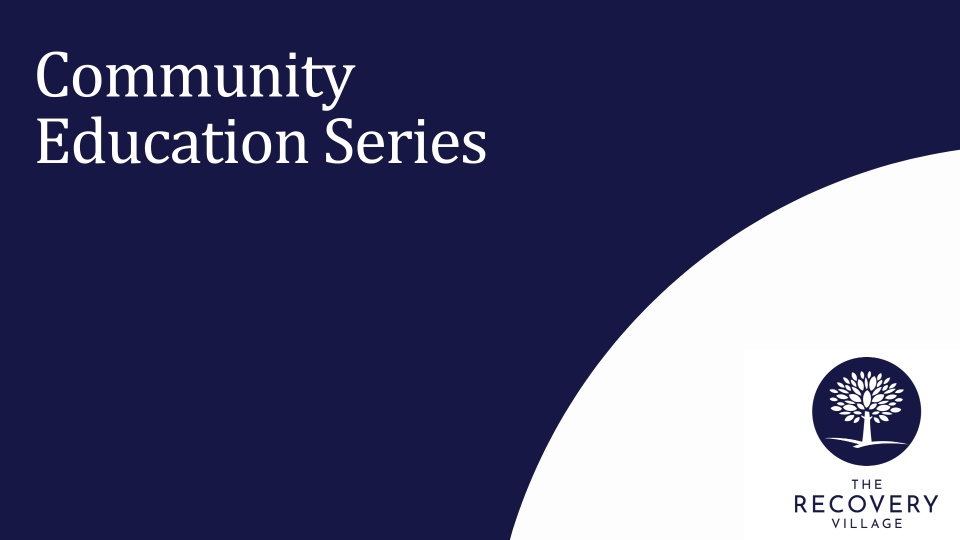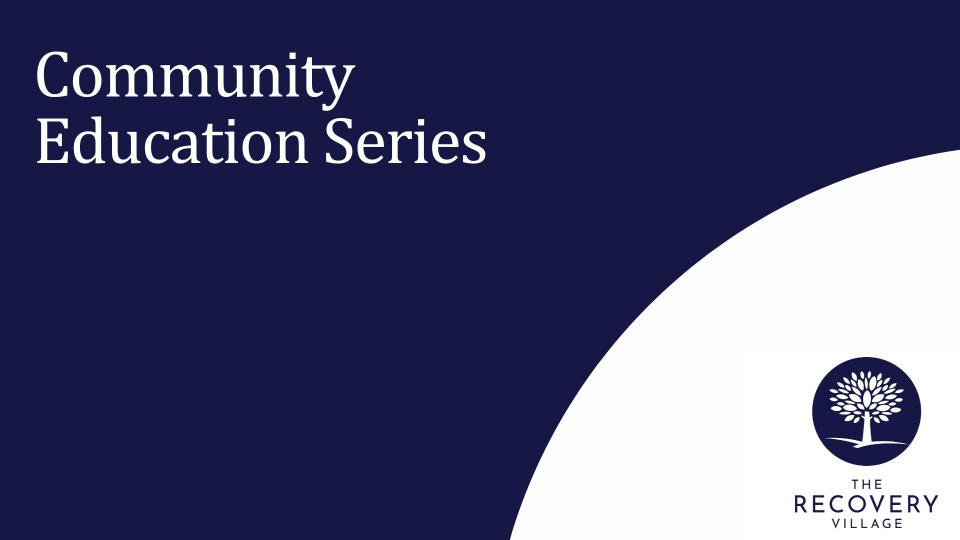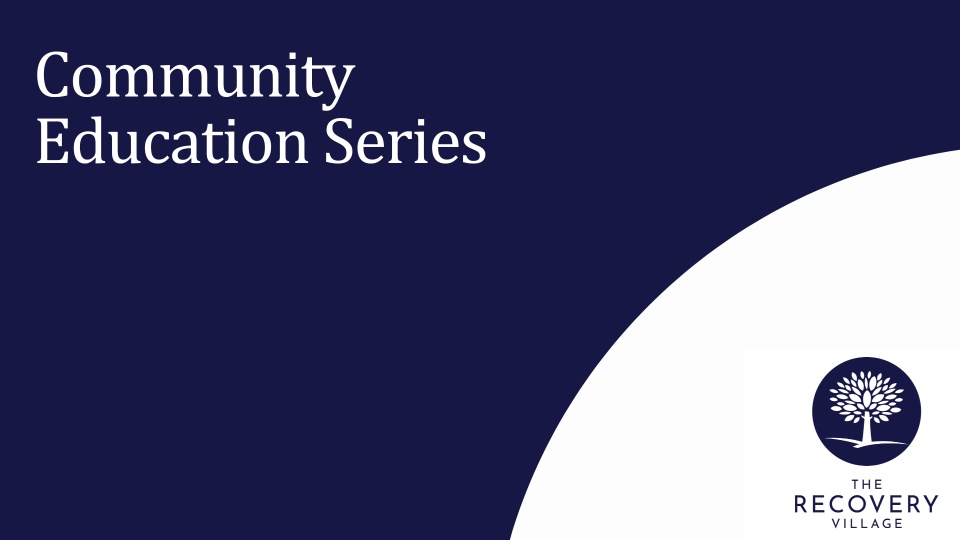Estimated watch time: 1 hr and 2 mins
Available credits: none
Objectives and Summary:
Dr. Robert Ochsner presents an overview of substance use disorders including the definition of a substance use disorder, identification and statistics, inheritance, epigenetics, risk factors, effects on the brain and treatment approach. Dr. Ochsner begins the presentation by pointing out that other disorders like mental health conditions can mask addiction. He goes on to discuss recent headlines involving addiction, the rise of the opioid epidemic and how the changing legislation is affecting addiction and addiction treatment. While defining addiction according to the American Society of Addiction (ASAM), Dr. Ochsner makes sure to make it clear that addiction is a lifelong chronic disease that must be treated throughout someone’s life. He mentions that like with other chronic diseases, an addiction that goes untreated can result in disruptions in someone’s daily functions and even death. Dr. Ochsner reviews how to diagnose a substance use disorder according to the Diagnostic and Statistical Manual of Mental Health Disorders, fifth edition (DSM-5).
He explains the differences between dependence and addiction. Several studies are displayed to examine who is using substances, what type of substances are being used and where the drugs are coming from. The shift of habits is described, displaying that smoking cigarettes has decreased among college students, but marijuana use has increased in response. Dr. Ochsner presents a few slides about alcohol and adolescents, specifically the psychological and physiological effects alcohol can have on young people. He goes on to demonstrate how risk factors and epigenetics can influence the development of substance use disorders. Dr. Ochsner specifically discusses the brain structure and reward system that is involved with addiction.
Lastly, Dr. Ochsner presents treatment approaches like what disorder should be treated first. He concludes with the different treatment settings, various treatment approaches, medications for recovery from substances and The Recovery Village’s steps to treatment.









